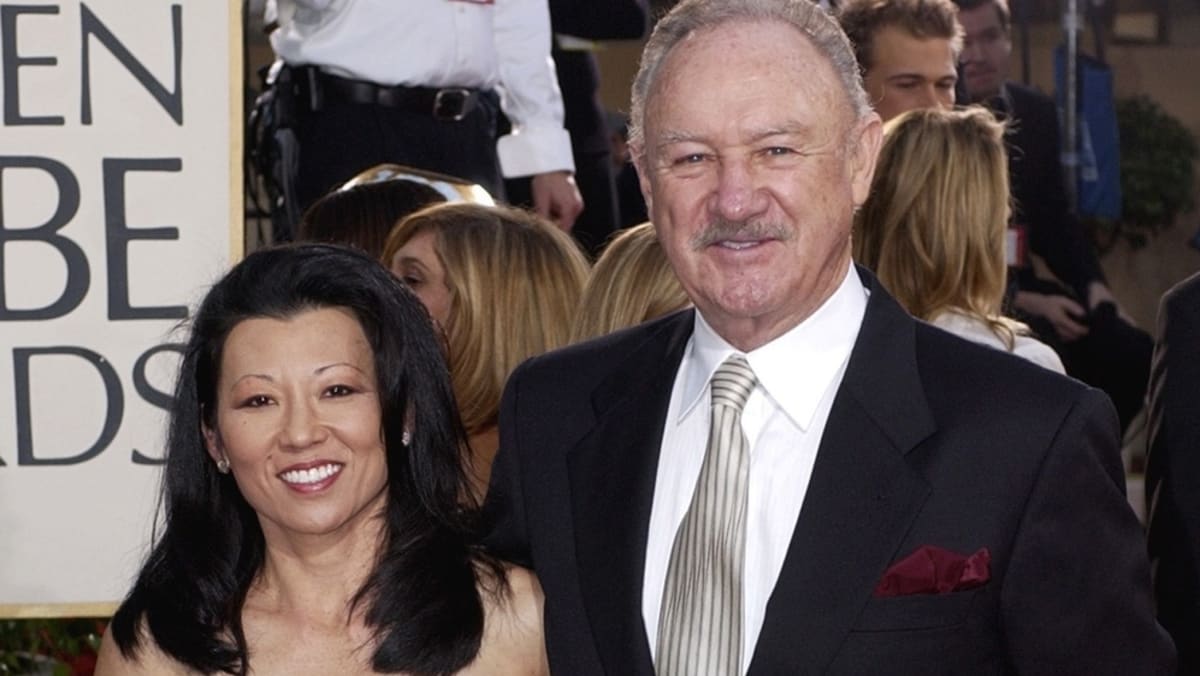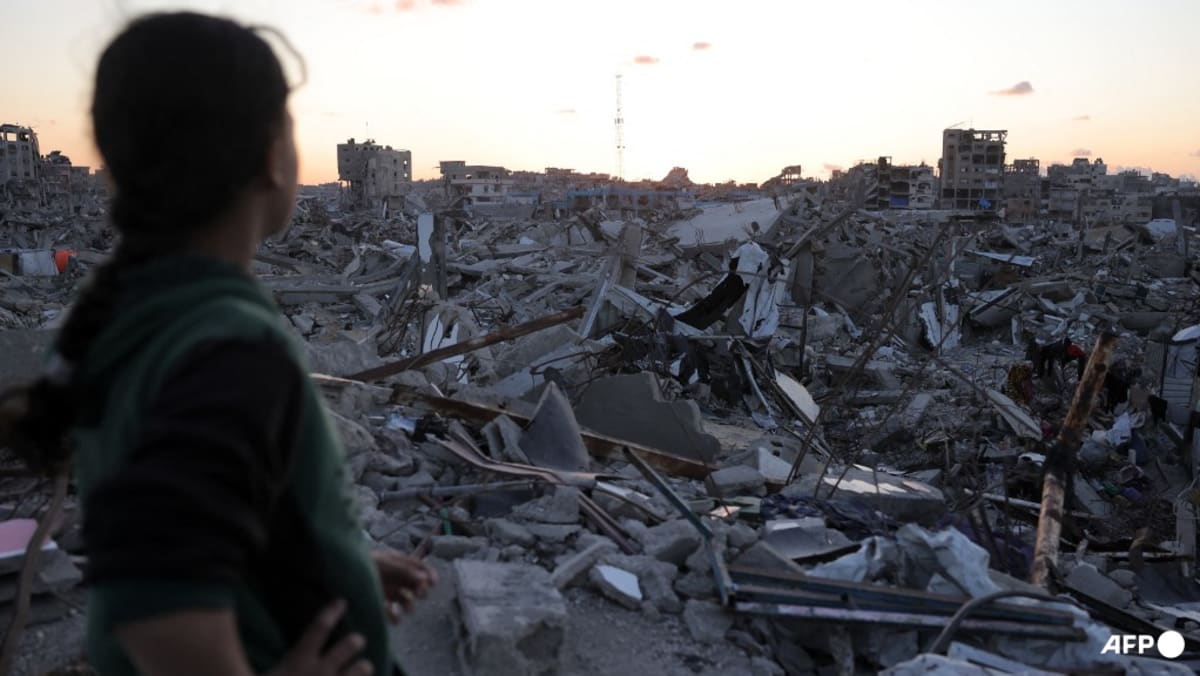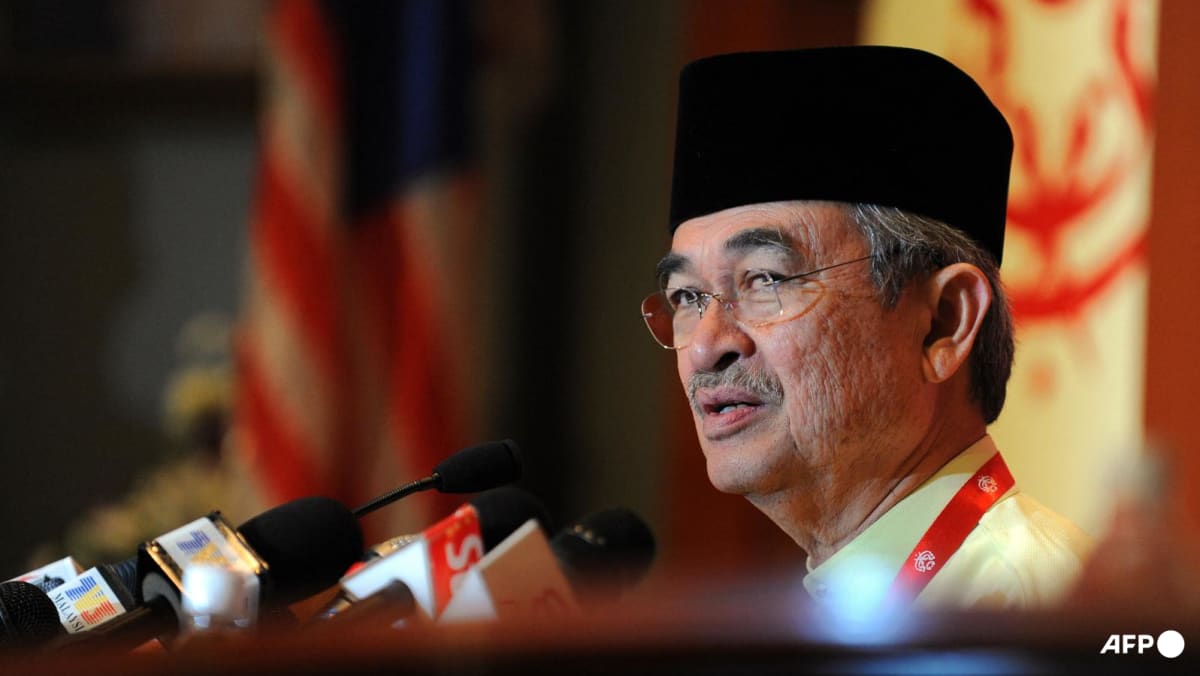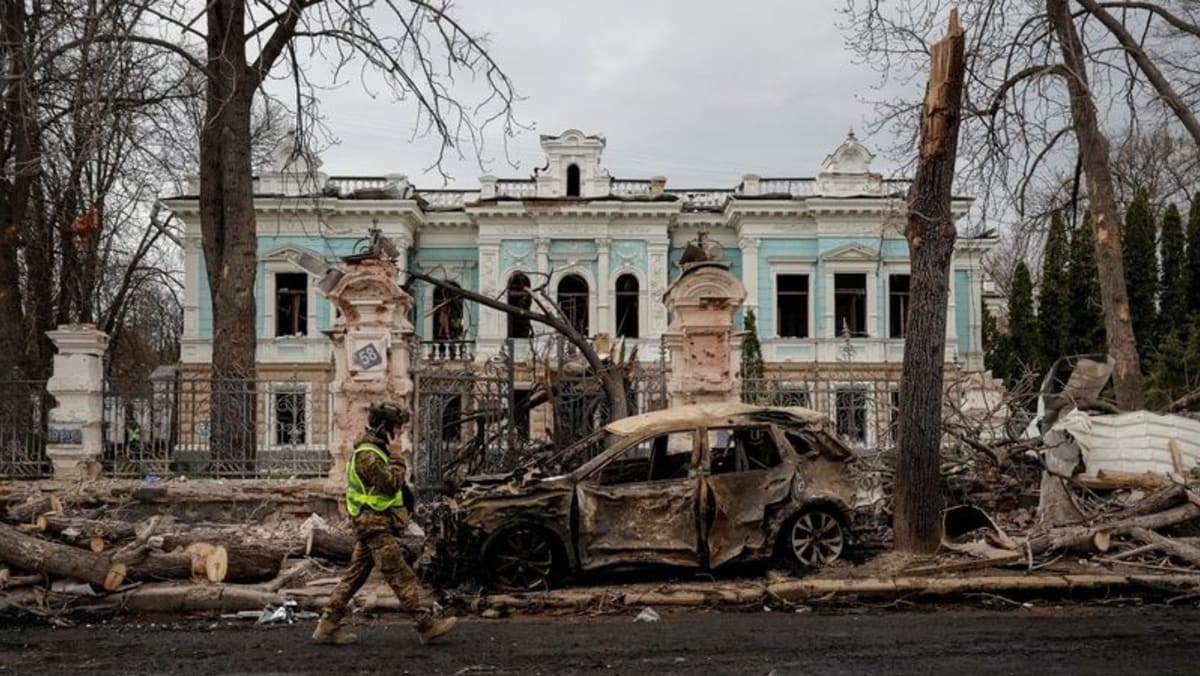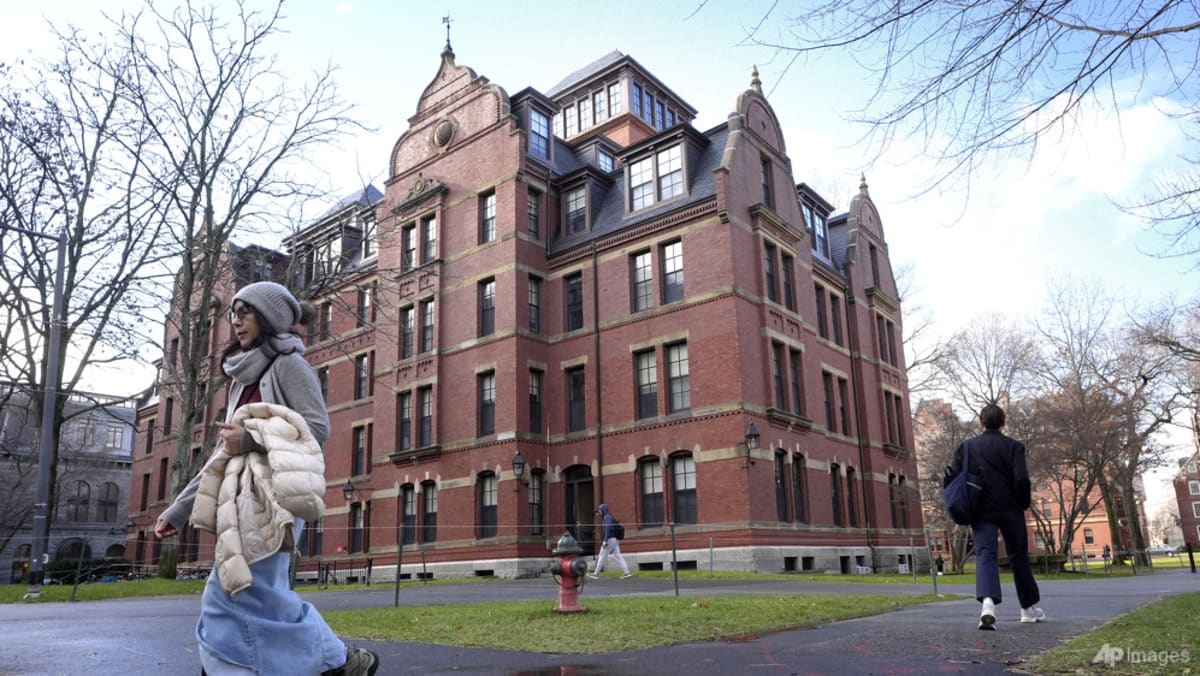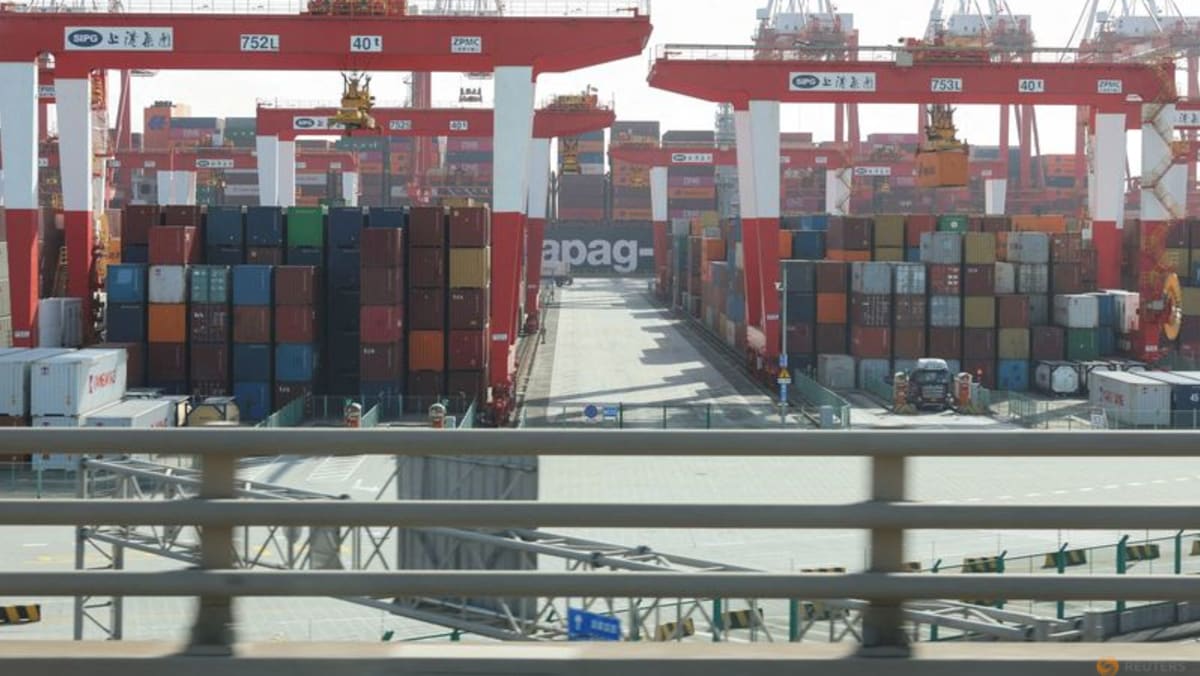3 children among 31 dead in Israel Beirut strike

SPEARHEAD
Israeli troops and Hezbollah fighters have battled each other along the Israel-Lebanon border since Hamas militants triggered the war in Gaza with their Oct 7 attack.
The focus of Israel’s firepower for nearly a year has been on Gaza, but with Hamas much weakened, that focus has now moved to Israel’s northern border.
Defence Minister Yoav Gallant said Israel’s “enemies” would find no refuge, not even in Beirut’s southern suburbs.
Israeli military spokesman Daniel Hagari said after the strike that Israel was “not aiming for a broad escalation in the region”.
But Hamas called it a “brutal and terrorist aggression” and an “escalation”.
Iran’s foreign ministry accused Israel of seeking to “broaden the geography of the war”.
Months of near-daily cross-border exchanges have killed hundreds in Lebanon, most of them fighters, and dozens in Israel, forcing tens of thousands on both sides to flee their homes.
The latest blow to Hezbollah came after thousands of Hezbollah operatives’ pagers and walkie-talkies exploded over two days, killing 37 people and wounding thousands.
Hezbollah chief Hassan Nasrallah vowed on Thursday that Israel would face retribution for those blasts.
Before Friday’s Beirut strike, Israel said Hezbollah had fired dozens of rockets from Lebanon following air attacks that destroyed dozens of the militant group’s launchers.
Speaking to troops on Wednesday, Gallant said “Hezbollah will pay an increasing price” as Israel tries to “ensure the safe return” of its citizens to border areas.
“We are at the start of a new phase in the war,” he said.
Aqil’s Radwan Force spearheaded Hezbollah’s ground operations, and Israel has repeatedly demanded through international mediators that its fighters be pushed back from the border.
“FEAR OF WIDER WAR”
Israeli Prime Minister Benjamin Netanyahu delayed by a day his scheduled departure to the US, where he is due to address the UN General Assembly.
On Friday the UN’s High Commissioner for Human Rights, Volker Turk, told the Security Council the attack on Hezbollah communications devices violated international law and could constitute a war crime.
The pagers and walkie-talkies exploded as their users were shopping in supermarkets, walking on streets and attending funerals, plunging Lebanon into panic.
“I am appalled by the breadth and impact of the attacks,” said Turk, adding that it “is a war crime to commit violence intended to spread terror among civilians”.
International mediators, including the US, have been scrambling to stop the Gaza war from becoming an all-out regional conflict.
Hamas’s Oct 7 attacks that sparked the war resulted in the deaths of 1,205 people, mostly civilians, on the Israeli side, according to an AFP tally based on Israeli official figures that include hostages killed in captivity.
Out of 251 hostages seized by militants, 97 are still held in Gaza, including 33 the Israeli military says are dead.
Israel’s retaliatory military offensive has killed at least 41,272 people in Gaza, most of them civilians, according to figures provided by the Hamas-run territory’s health ministry. The UN has acknowledged the figures as reliable.
Source: CNA




